What smart wearable optimizes sleep for peak daily performance?
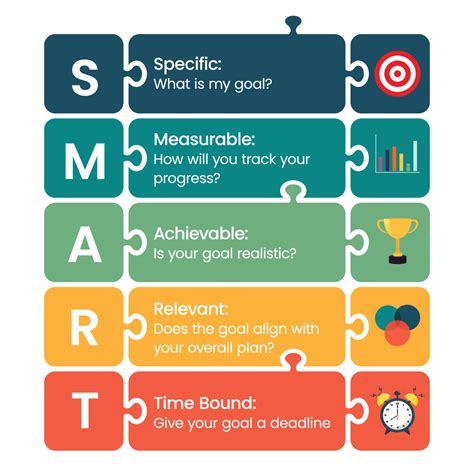
The Critical Link Between Sleep and Daily Performance
In today’s fast-paced world, optimizing every aspect of our lives has become a priority, and sleep is no exception. Far from being mere downtime, sleep is a powerful restorative process that directly impacts our cognitive function, physical energy, mood, and overall productivity. Poor sleep doesn’t just make you tired; it diminishes your ability to focus, solve problems, and even regulate emotions. But how can we gain a deeper understanding of our sleep patterns and actively work to improve them?
Enter the realm of smart wearables. These sophisticated devices offer more than just step counting; they provide an intimate look into the hidden world of your nightly rest, transforming abstract notions of “good sleep” into concrete, actionable data.
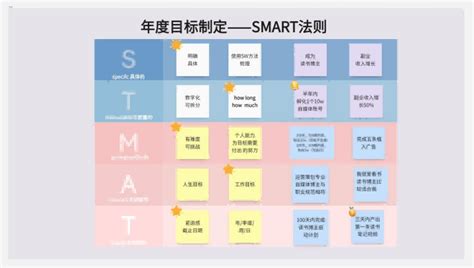
Unlocking Sleep Secrets with Advanced Wearable Technology
Modern smart wearables are equipped with an array of sensors designed to meticulously track various physiological signals during sleep. These often include heart rate variability (HRV), skin temperature, movement patterns, and blood oxygen levels. By analyzing this data, wearables can accurately determine sleep stages—REM, Light, and Deep sleep—each playing a crucial role in different aspects of recovery and performance.
For instance, Deep sleep is vital for physical restoration and memory consolidation, while REM sleep is crucial for emotional regulation and cognitive processing. A balanced distribution of these stages is indicative of restorative sleep, and wearables provide the insights needed to understand if you’re getting enough of each.
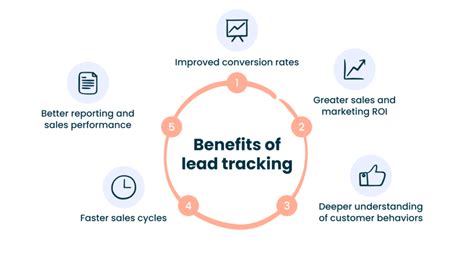
Key Features of a Sleep-Optimizing Wearable
When selecting a smart wearable to enhance your sleep and performance, several features stand out as particularly effective:
- Accurate Sleep Stage Tracking: Beyond just knowing when you fall asleep and wake up, understanding the duration and quality of your REM, Light, and Deep sleep cycles is paramount.
- Heart Rate Variability (HRV): HRV is a powerful metric for assessing your body’s recovery and readiness. A higher HRV often indicates better recovery and adaptability.
- Body Temperature Sensing: Changes in body temperature can influence sleep quality and indicate underlying physiological processes, including illness or menstrual cycles.
- Restlessness and Movement Monitoring: Identifying periods of restlessness can pinpoint sleep disturbances or environmental factors affecting your rest.
- Personalized Insights and Coaching: The most effective wearables don’t just present data; they translate it into understandable insights and offer personalized recommendations for improvement, such as ideal bedtimes, wind-down routines, or activity adjustments.
- Integration with Lifestyle Data: Some wearables connect sleep data with activity levels, stress metrics, and even dietary inputs to provide a holistic view of your health and recovery.
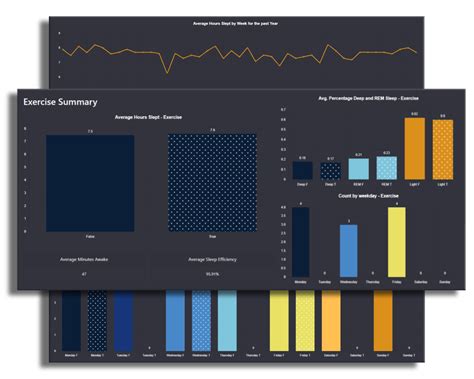
How Wearables Translate Sleep Data into Performance Gains
The true power of these devices lies in their ability to bridge the gap between raw data and actionable strategies. By consistently monitoring your sleep, a smart wearable can:
- Identify Sleep Deficits: Pinpoint nights where deep sleep or REM sleep was insufficient, allowing you to prioritize recovery.
- Optimize Bedtime and Wake-up Times: By understanding your circadian rhythm and sleep cycles, some wearables can suggest optimal times to go to bed and wake up feeling more refreshed.
- Assess Recovery Status: Metrics like HRV and resting heart rate provide a daily readiness score, guiding decisions on whether to push harder in training or prioritize rest. This directly impacts athletic and cognitive performance.
- Detect Environmental Factors: Users often discover how factors like late-night meals, alcohol consumption, caffeine intake, or room temperature impact their sleep quality, enabling them to make informed adjustments.
- Track Progress Over Time: Long-term data tracking allows you to see the impact of lifestyle changes on your sleep quality and overall well-being, reinforcing positive habits.
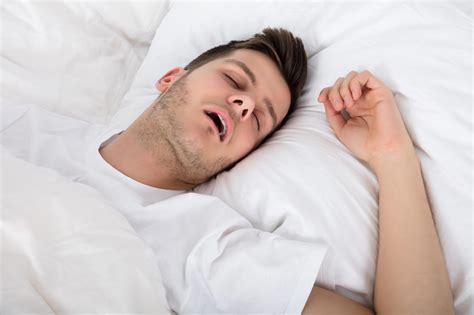
Choosing Your Sleep Optimization Companion
With a growing market of sophisticated devices, selecting the right smart wearable depends on individual needs and preferences. While some prefer the discreet nature of a ring, others might opt for the comprehensive features of a smartwatch or the specialized focus of a sleep-specific headband. Regardless of the form factor, the goal remains the same: to empower you with the knowledge and tools to achieve truly restorative sleep.
By leveraging the insights provided by a smart wearable, you can move beyond guesswork and embark on a data-driven journey toward superior sleep, leading to enhanced energy, sharper focus, better mood, and ultimately, peak daily performance in all aspects of your life.








